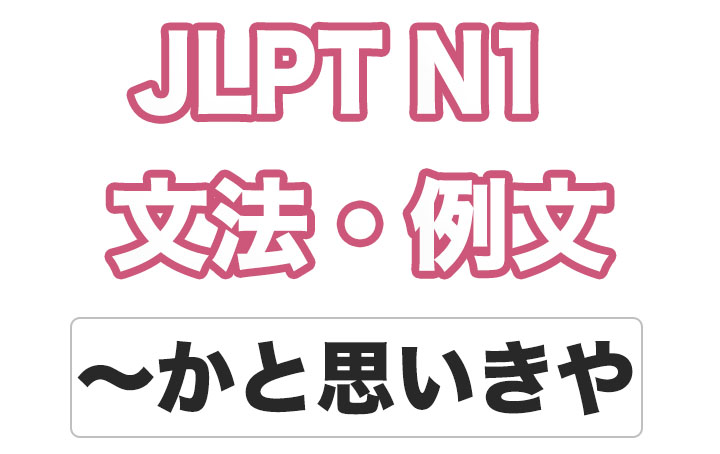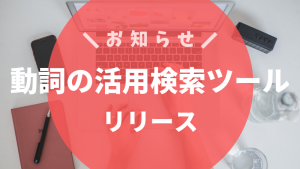
文型:〜かと思いきや
[意味]
〜と思ったが、実際は・・・
[英訳]
"I thought 〜, but in reality, ..."
Used to convey that something was expected or assumed to be one way, but in reality, it turned out to be quite different. It implies a contrast between what was anticipated and what actually happened.
[接続]
V(普通形)+ かと思いきや
イA(普通形)+ かと思いきや
ナA(普通形)+ かと思いきや
N(普通形)+ かと思いきや
[JLPT レベル]
N1
[備考]
①「〜かと思いきや」の「か」を省略して「〜と思いきや」と言うこともできる。
② 話し手の意外な気持ちが含まれる。
① The 'か' in '〜かと思いきや' can be omitted to say '〜と思いきや.'
② "It conveys the speaker's sense of surprise or unexpectedness.
例文
この映画はホラーかと思いきや、実はコメディ映画だった。
I thought this movie was a horror film, but it turned out to be a comedy.
逆転ゴールが決まったかと思いきや、審判のホイッスルがなり、オフサイドと判定された。
I thought a comeback goal had been scored, but then the referee's whistle blew and it was judged as offside.
やっと、たまっていた仕事が片付いたかと思いきや、部長に新たな仕事を頼まれた。
I thought I had finally finished all the piled-up work, but then the manager asked me for new tasks.
ジェシカさんは2ヶ月前に会社を辞めたから帰国したのかと思いきや、日本人の男性と結婚して、生活していた。
I thought Jessica left the company two months ago and returned to her home country, but she actually married a Japanese man and was living here."
トムさんとジェームスさんはいつも一緒にいるから仲がいいのかと思いきや、実はそうでもなかった。
I thought Tom and James were close because they are always together, but in reality, they were not that close.
試験は難しいかと思いきや、思っていたよりも簡単だった。
I thought the exam would be difficult, but it was easier than I expected.
新しい取引先の担当者は怖い人かと思いきや、とても優しくて良い人だった。
I thought the new client representative would be a scary person, but they turned out to be very kind and pleasant.
ロバートさんは日本人の奥さんがいるから、日本語が上手かと思いきや、全然話せなかった。
I thought Robert would be good at Japanese because he has a Japanese wife, but he couldn't speak it at all.




